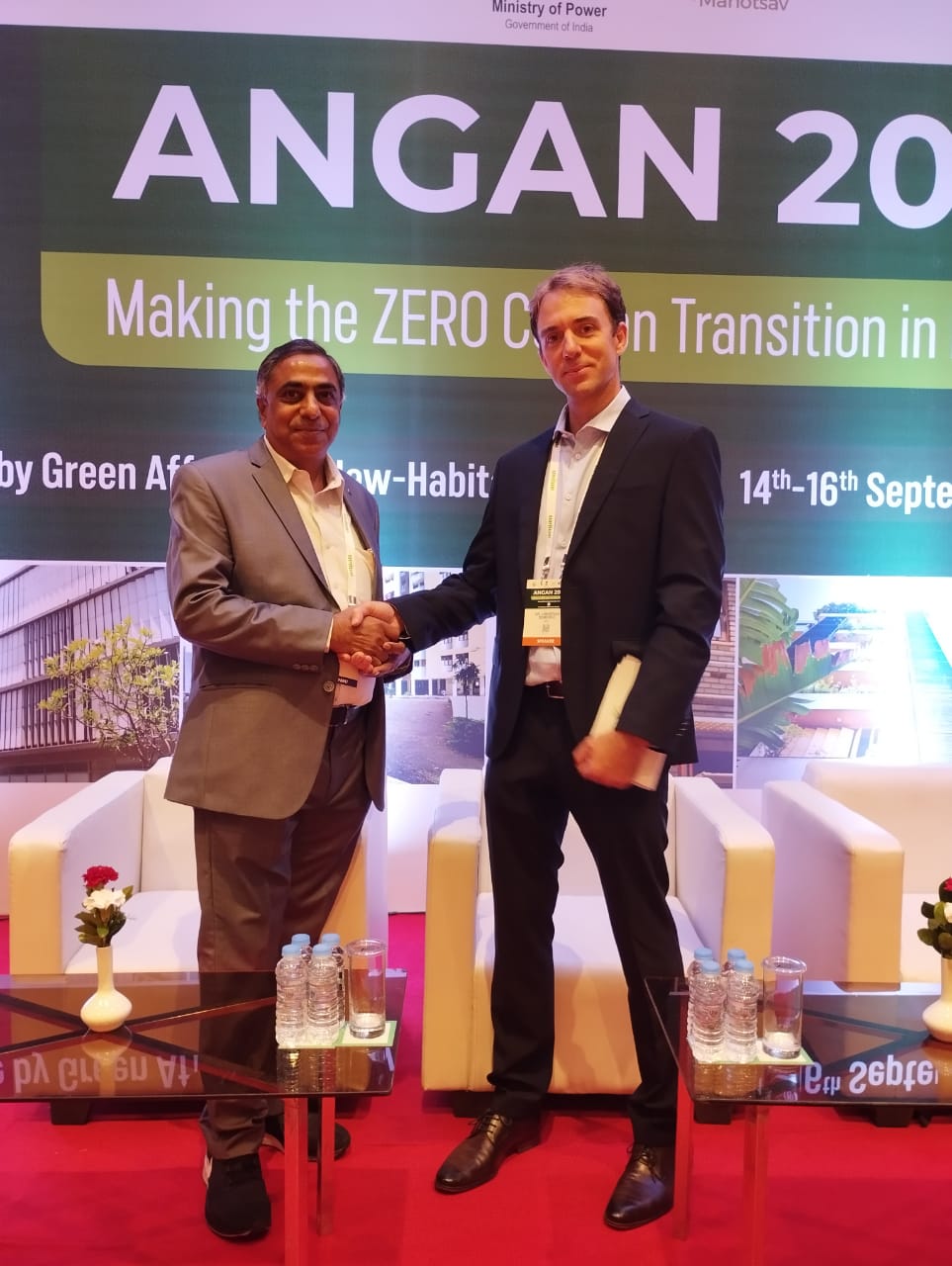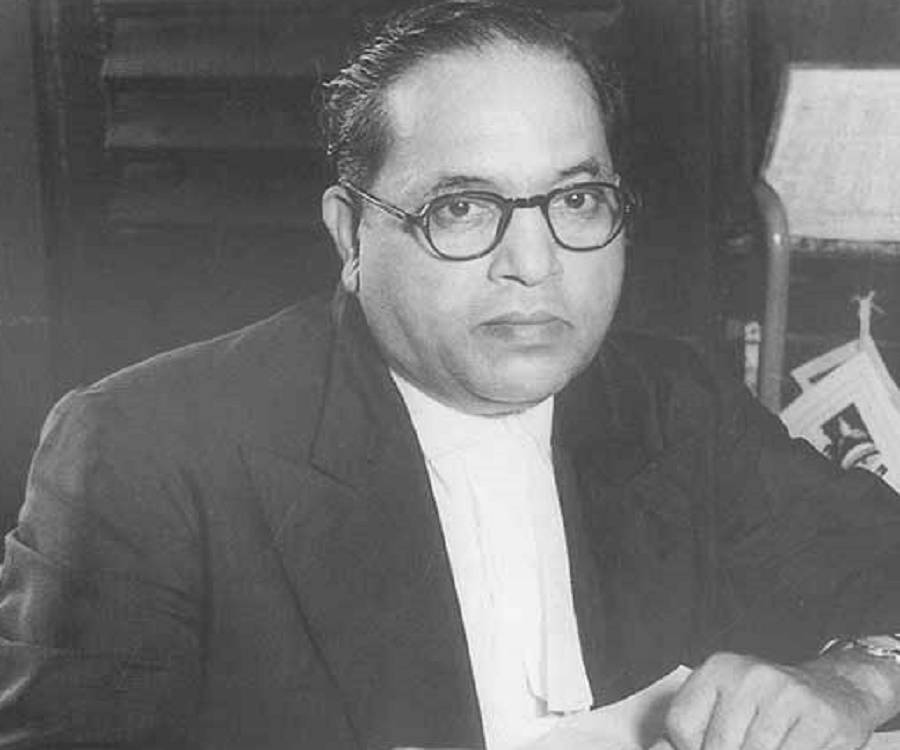
YS Jagan Mohan Reddy led Andhra Pradesh government’s initiatives in energy conservation got appreciation at the international level. The AP government’s initiatives to implement energy efficiency technologies in the massive housing project of “Navaratnalu- Pedalandariki Illu” have attracted the attention of the delegates at international conference of ANGAN (Augmenting Nature by Green Affordable New-Habitat) in New Delhi.
Several delegates in the conference have shown interest in APs energy efficient housing Program and opined it as unique and would help to provide best residential facility to the beneficiaries and improve their living standards. AP Energy Conservation Mission CEO A Chandrasekhar Reddy participated in the conference, representing the AP government. Chandrasekhar Reddy received appreciation from the ANGAN organisers.
During the ANGAN international conference being organized by the union ministry of power led Bureau of Energy Efficiency (BEE) in New Delhi, AP officials explained about the energy efficiency measures being implemented in the massive housing scheme by Andhra Pradesh government.
AP officials said the State government was very keen on providing the best housing facility to the beneficiaries under the housing scheme by implementing energy efficiency measures which would be a great boon for the cost-effective housing for low income groups, building sector in AP and provide healthier environment in houses apart from saving electricity.
SECM executive, quoting a report of Ajay Jain, special chief secretary of AP Housing said that the government is spending Rs. 4128 crore on water supply, Rs.7989 crore for electricity and internet, Rs.10,251 crore on laying CC roads, Rs. 7337 crore on construction of drains, Rs. 5204 crore on ULB infrastructure. The total amount for infrastructure alone is around Rs.34309 crore for providing best infrastructure to the houses under phase-1 and phase-2.
Ajay Jain further disclosed that Energy Efficiency Services Limited (EESL), GoI has come forward to provide the energy efficient appliances to beneficiaries at cost effective rates and briefed the chief minister Y S Jaganmohan Reddy who is very keen to provide the best services including internet to the housing beneficiaries.
The State government also proposed to supply energy efficient appliances to the beneficiaries of 28.3 lakh affordable houses of AP Housing Program under PMAY(Prime Minister Aavas Yojana) scheme in a phased manner. Under the program, it is planned to supply 4 LED bulbs, 2 LED tube lights, 2 Energy Efficient fans per each house in phased manner to 15.6 lakh houses being constructed in the first phase of housing scheme.
This is expected to save 734 Units of energy per house per annum that results in savings of 1145 MU per annum for 15.6 lakh houses by using energy efficient appliances.
The officials also explained that the Andhra Pradesh domestic sector alone consumes around 17,514 MU (28%) per annum out of total annual energy demand of 60943 MU (FY2021-22) of AP. In view of this, the state government is contemplating to implement the energy efficiency measures in residential buildings as well. The APSECM prepared specific Eco-niwas Samhitha code for AP to implement energy efficiency measures in the residential sector.
The APSECM has conducted training programs on Eco-Niwas Samhitha (ENS) code to the employees of the Housing department who are involved in the construction of 28.3 lakh houses and trained more than 500 engineers. Similar training program was organized by APSEEDCO to another 650 engineers of the housing department.
Officials said that AP State Energy Conservation Mission (SECM), State Designated Agency of AP was planning to take up a demonstration project in the housing scheme which would help to improve thermal comfort and energy efficiency in the houses under the housing project. These energy efficiency measures in housing program will help to save 20 % of energy consumption.
The Ultimate objective of the government is to provide the benefits of energy efficiency to every household in the state, officials said. APSECM has requested BEE, GoI to provide incentives to energy efficiency & green building stakeholders who are following mandatory ECBC provisions so that the objective can be fulfilled at the ground level.
The Director General of BEE, Abhay Bakre along with director Saurabh Diddi who is the nodal officer for international conference have briefed about best energy efficiency practices of various States including Andhra Pradesh. The BEE appreciated the AP Government which is one of the major states to include Energy Conservation Building Code(ECBC) compliance in Building bye-laws.
Jonathan Demenge lauds AP:
Jonathan Demenge , Head of Cooperation (New Delhi) at Swiss Agency for Development and Cooperation observed that ”taking the energy efficiency program in a gigantic project of around 3 million houses is a significant step. I am very happy that indo swiss BEEP is supporting AP and will continue its support through BEE,GoI.”, he said.
The delegates made a series of deliberations on emerging construction practices, low carbon cooling practices and technologies, climate strategies for cities etc. and discussed steps to be taken for the need to go for a trajectory of low carbon development across all sectors. They opined that the low carbon sustainable development will require human-centric, collective efforts and robust action.
The BEE officials have assured to continue their full support to Andhra Pradesh in implementation of energy conservation and energy efficiency programs in the State especially in the building energy efficiency initiatives.
Officials also said that the State government is committed to provide high quality power infrastructure to YSR Jagananna colonies. It is planned to provide modern energy access to the beneficiaries that could improve living conditions and expand economic opportunities.
The CEO APSECM reminded about the comment from Paris based international energy agency (IEA) representative Michael Oppermann who hailed AP housing program as the largest housing program and has potential to create around 2.5 lakh employment opportunities



